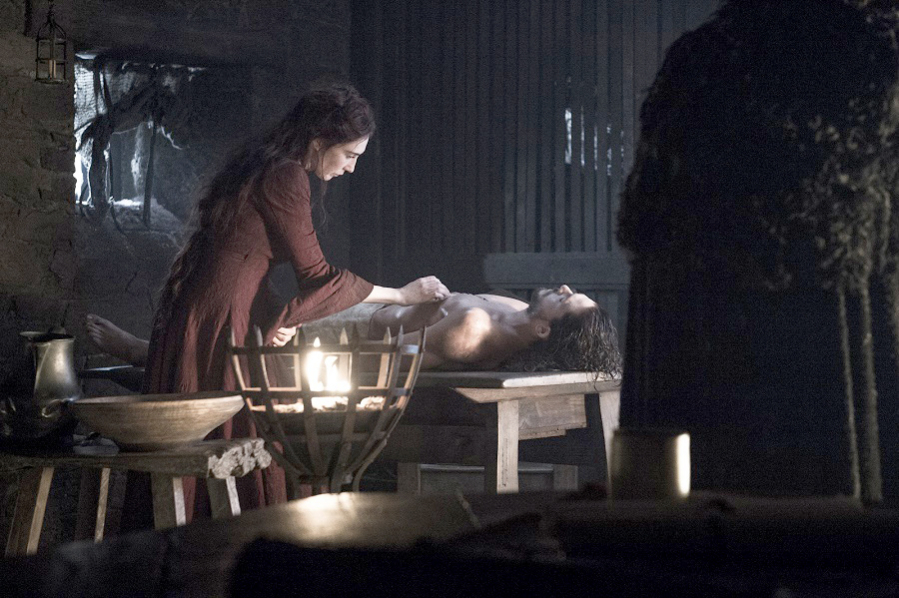For the past five years, I’ve been writing about “Game of Thrones” from the perspective of someone who has read — and reread — George R.R. Martin’s “Song of Ice and Fire” novels.
And while I might not be quite as zealous as people such as my friend and fellow critic Sean T. Collins, who has published one of the comprehensive guides to fan theories about the events and mythology of the franchise, my husband and I debate the episodes over breakfast Monday mornings, and the direwolf stuffed animal that cameos in my Facebook Live chats about the show began life as piece of whimsical decor in our house.
So going into the sixth season of “Game of Thrones,” I was both anxious and excited about watching the show without a road map. Sure, there was a certain pleasure in watching other people react to Ned Stark’s (Sean Bean) execution or Arya Stark’s (Maisie Williams) blindness, but I wanted to be shocked along with everyone else. And I was eager to see whether the theories I and other fans had been harboring for years would be proven true.
But a third of the way through this year on “Game of Thrones,” the show feels like a cautionary tale, a warning that it’s possible to analyze a piece of art too much, even one with the plot complexities and big themes to stand up — at least part of the way — to the scrutiny.



